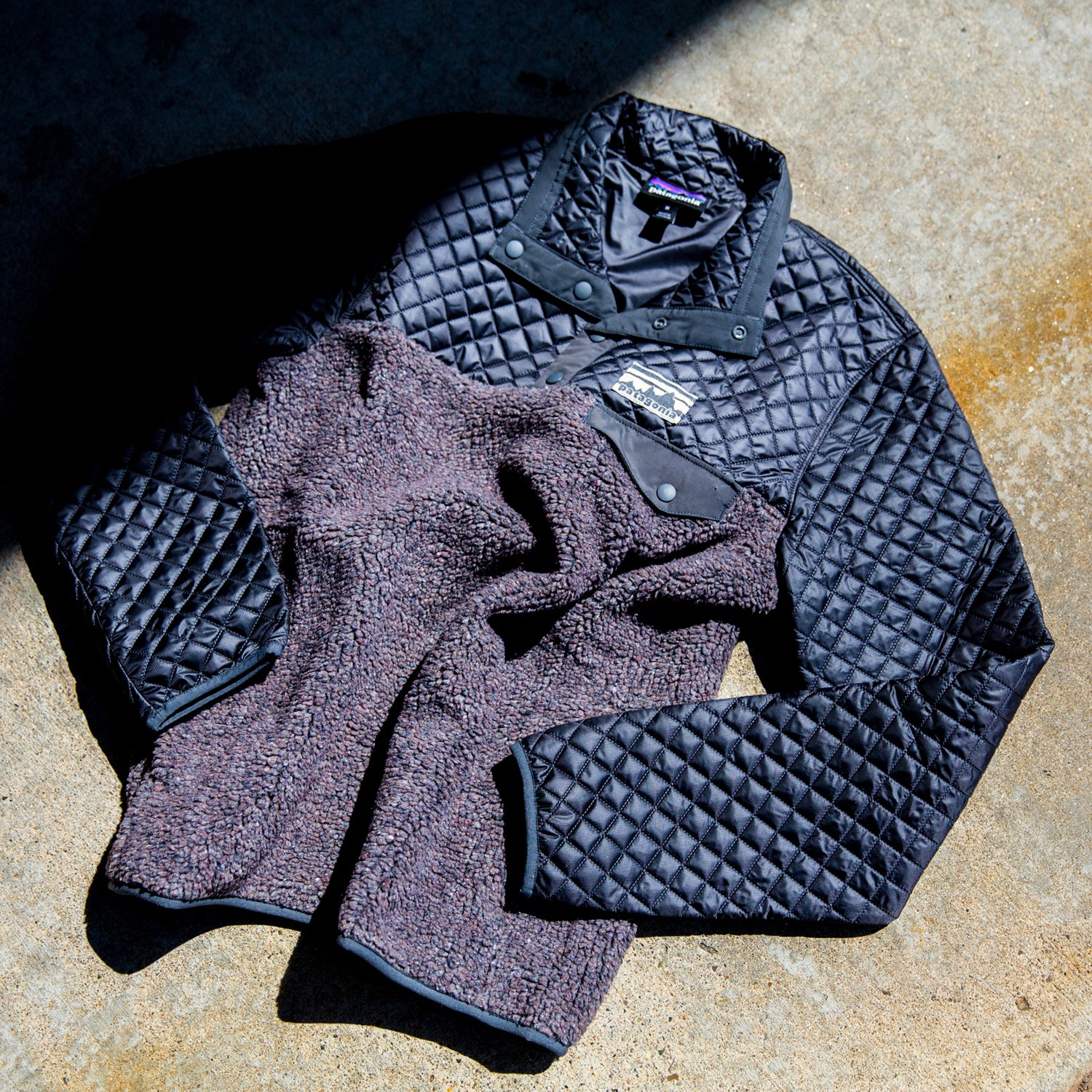Nineteen eighty-five was a pivotal year for the outdoor world. Warren Miller released��,��Alex Honnold was born, and Patagonia came out with the , which quickly became everybody, and everybody’s outdoorsy dad’s, favorite layer.
This year, to commemorate three decades of this��brightly colored, supremely��useful��iconic fleece,��Patagonia is rolling out a . The new stuff will maintain��the low-profile silhouette, but—in line with what the company is doing across the board—it will incorporate environmentally friendly materials like organic cotton, traceable down, and recycled polyester.
“The new collection pays homage to the heritage of the Snap-T and to Patagonia’s designers who continue to improve the style, fit, materials and quality,” says��Helena Barbour,��Patagonia’s business unit director for sportswear.
There’s a thriving eBay market for the Aztec-printed Snap-Ts of the ‘90s, and when Patagonia started their��Worn Wear program, Snap-T tales showed up more frequently than anything else.
The Snap-T's story begins with bunting, Patagonia's go-to acrylic and polyester insulator of the early '80s. Cyndi Davis, a designer who's still with the company, began messing around with alternative fabrics��in search of a material that was lighter and quicker drying that bunting or wool, says Mark Little, the global product line director for men's sportswear.��Davis and Yvon Chouinard, Patagonia's founder,��worked with Massachusetts-based Malden Mills (now Polartec), a faux-fur and upholstery fabric provider, to develop Synchilla, the nubby, polyester fabric that traps heat and doesn’t pill. Once they had the fabric dialed, they started tweaking the design, settling��on a pullover that could be snapped up into a turtleneck—hence the T.
The first versions had blocky bodies and cuffs made out of stretchy Speedo-like material. Because the designers found a study that showed people who liked purple tended to be adventurous,��there was a lot of purple. They made them zipperless to save weight��and gave them a single pocket to stash keys.��
Back in 1994, Patagonia started making fleece out of recycled plastic bottles, which changed the look of the Snap-T slightly. But this year’s update is the biggest adjustment in more than two decades.��All told, Patagonia released four new styles. There’s a lightweight down version, which uses traceable 600-fill duck down, and a quilted organic cotton version. There’s also a hooded, reclaimed wool style for guys, and a women’s model that meshes PrimaLoft Gold with fleece. Traditionalists can still get the basic variety, too.��
Nostalgia is a big part of why Patagonia is focusing on the product��again. There’s a thriving eBay market for the Aztec-printed Snap-Ts of the ‘90s, and when Patagonia started their Worn Wear program,��which encourages people to repair their old gear and share stories about the pieces,��Snap-T tales showed up more frequently than anything else.��
There's no way to tell whether people will lust after this re-release in 30 years. But we're guessing the eBay market for the originals will always be strong.


